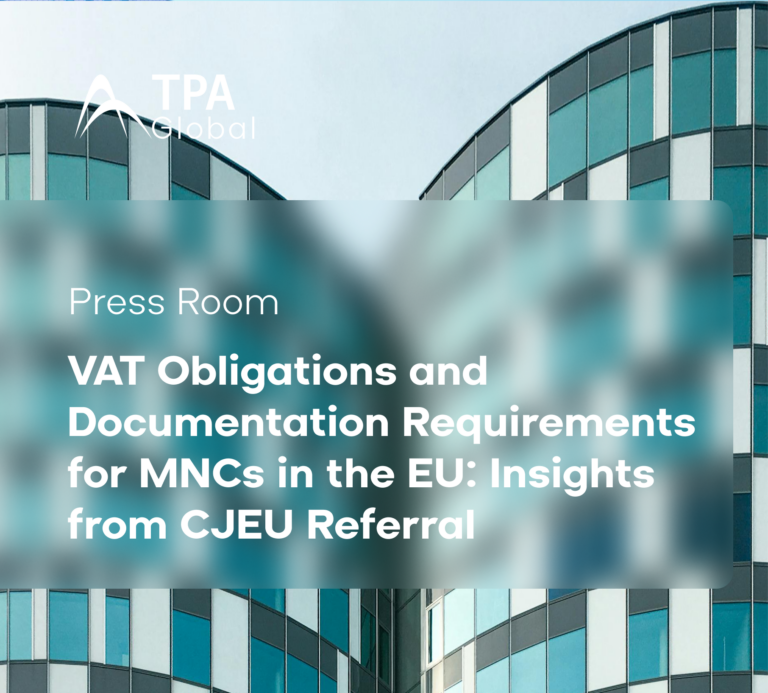Type: Legislation
Uruguay extends its e-invoicing mandate, with enforcement expected by May 1, 2024. The Directorate General of Taxes (DGI) initiated mandatory electronic invoicing in 2012, gradually expanding its reach to numerous taxpayers. Now, all enterprises with a tax revenue exceeding UYU 305,000 (approximately €6,000 or $7,200) are obligated to adopt e-invoicing by the specified date, as outlined in Resolution 2389/023.
Uruguay facilitates e-invoicing through the CFE (Comprobantes Fiscales Electrónicos) portal operated by the DGI. VAT-registered businesses must secure an invoice batch authorization code (CAE) before the CFE validates and generates XML-based e-invoices using data sourced from accounting and ERPs. The approved e-invoice, featuring a unique digital signature, is then automatically transmitted to the customer, with the option of paper delivery accompanied by a QR Code containing approval details.
Certain businesses are exempt from the e-invoicing requirements, including those exclusively engaged in agriculture with an income below IU 4,000,000, non-business construction value aggregation VAT taxpayers, non-resident income tax taxpayers, and exempt VAT taxpayers, excluding direct and indirect users of free zones. Additionally, taxpayers under Monotributo, Monotributo Social Mides, and the Single Social Contribution related to the Labor Dignity Plan are excluded from the mandate. Stay informed through the VAT Calc international live VAT invoice transaction and e-invoice tracker, offering real-time insights into transaction-based tax reporting.
Effective date: May 1, 2024



